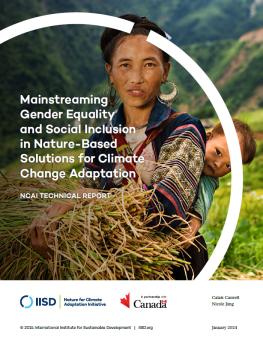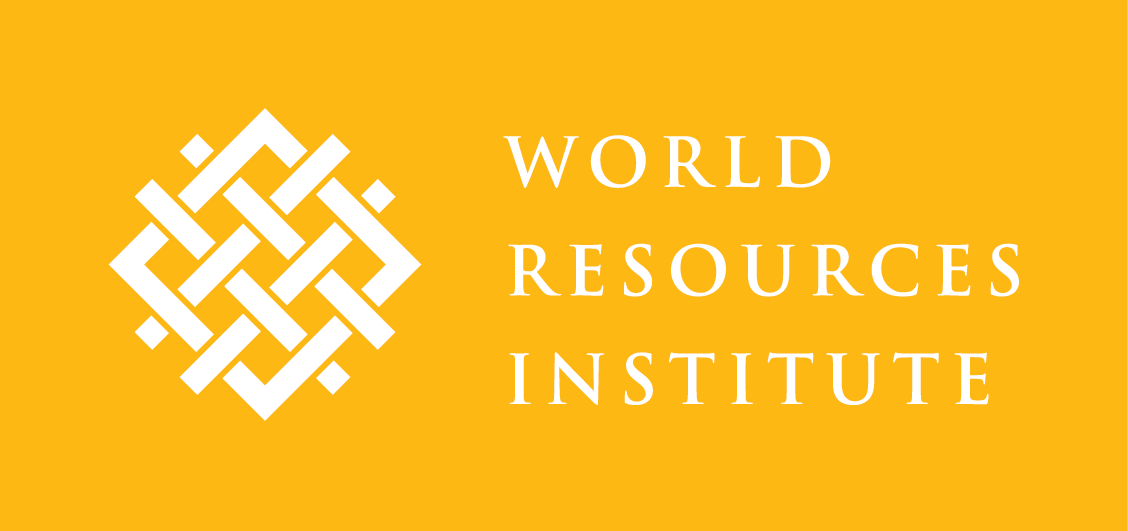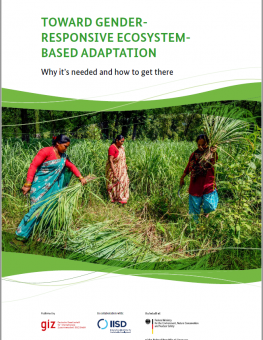Gender Equality and Social Inclusion
The SUNCASA project aims to reduce barriers to the participation of women and other underrepresented groups in the planning, implementation, and monitoring of urban Nature-based Solutions (NbS) in Dire Dawa (Ethiopia), Kigali (Rwanda), and Johannesburg (South Africa).
The impacts of the climate and biodiversity crises on people's livelihoods and opportunities differ depending on their gender and other intersecting identity factors. Groups that face systemic marginalization and discrimination are often disproportionately affected. Due to historical and cultural gender and social norms, women and girls, as well as men and boys, have distinct roles in accessing, using, and managing natural resources.
For instance, women are disproportionately responsible for securing food and water due to traditional gender roles, which invariably results in a greater dependency on natural resources.
To be impactful and equitable, SUNCASA is designed to consider these differences in roles, responsibilities, and knowledge while also tackling discriminatory norms and practices. The initiative will work to enhance community members' understanding of the need for gender-responsive approaches to NbS, particularly among men and decision-makers.
SUNCASA will facilitate conversations around gender-based barriers, including social norms and local power dynamics. The initiative seeks to create enhanced opportunities to improve women's and other underrepresented groups' access to decision making and build capacity for their meaningful participation in NbS activities and its governance at the local level. Additionally, SUNCASA will assist the municipalities in adopting gender-responsive NbS strategies, contributing to a more inclusive policy-making process.
SUNCASA Goals on Gender Equality and Social Inclusion
- Challenging norms: Promoting positive social and gender norms that advance the rights of women and other underrepresented groups.
- Creating opportunities: Enabling women and other underrepresented groups' engagement in NbS implementation and securing their access to decision-making spaces.
- Building bridges: Supporting women's organizations and other underrepresented groups to meaningfully engage in local NbS governance processes while simultaneously enabling local government, as duty-bearers, to practise more gender-responsive decision-making.
GESI Elements in Urban NbS

Related Resources

Mainstreaming Gender Equality and Social Inclusion in Nature-Based Solutions for Climate Change Adaptation
Discover tools, recommendations, and case studies on how to plan, design, and implement nature-based solutions for adaptation that advance gender equality and social inclusion while enhancing resilience, biodiversity, and ecosystem integrity.

Enabling Women as Key Actors in Nature-based Solutions
This paper aims to better understand the role of rural women in Nature-based Solutions (NbS) and to provide insights on how to support them.

Toward Gender-Responsive Ecosystem-based Adaptation
A key factor for the success of ecosystem-based adaptation (EbA) initiatives is the active integration of gender considerations. By working to address gender and social inequalities, EbA initiatives can be more effective and more sustainable.


